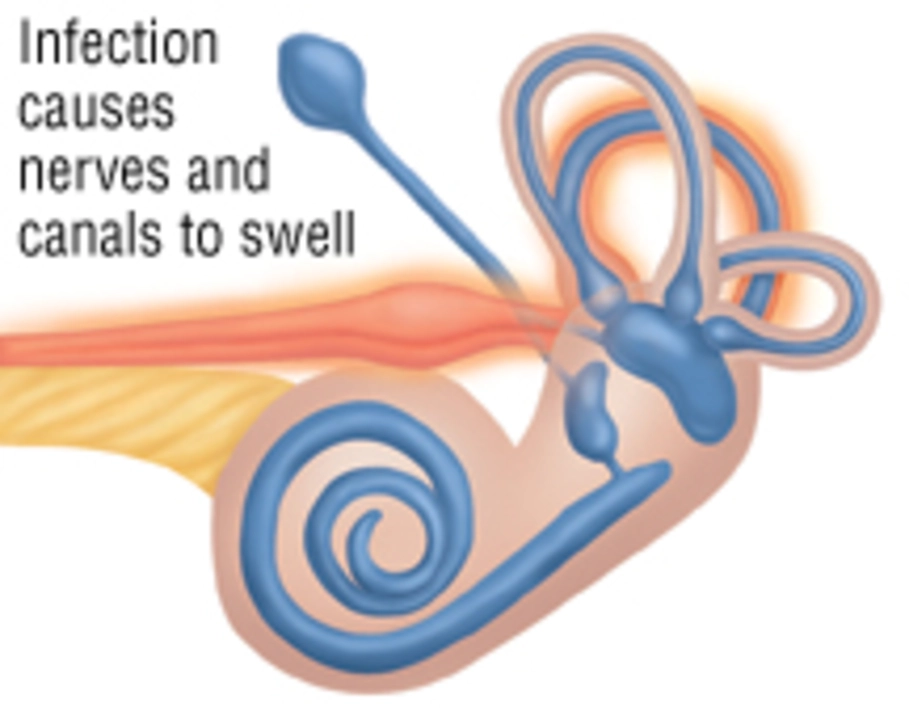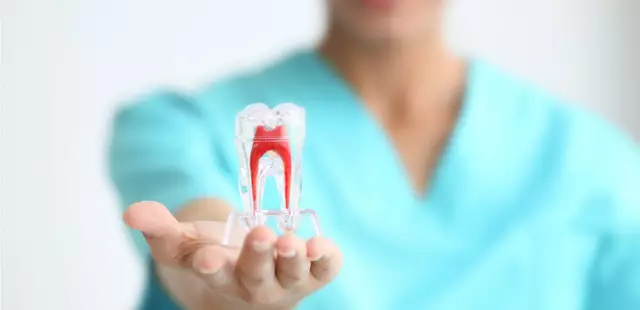BPPV: What It Feels Like and What You Can Do Right Now
Ever roll over in bed and suddenly the room spins? That quick, intense spinning is classic for BPPV — benign paroxysmal positional vertigo. It’s one of the most common causes of dizziness. The good news: most people get better fast with a few simple maneuvers and basic safety steps.
What causes BPPV and what you’ll notice
BPPV happens when tiny calcium crystals (called otoconia) loosen from the inner ear and drift into one of the semicircular canals. When you change head position, those crystals move and trick your brain into thinking you’re spinning. Symptoms usually come on with specific moves: turning over, looking up, or bending down. Episodes last seconds to a minute, often with nausea, imbalance, and a jerking eye movement called nystagmus.
Diagnosis & tests
Doctors use quick bedside tests you’ll often see in clinics. The Dix-Hallpike test is the common one: your provider moves you from sitting to lying with your head turned, watching your eyes for nystagmus and asking how the dizziness feels. The test takes a minute and tells the doctor which canal is affected. If the exam looks unusual or you have other red flags — sudden weakness, slurred speech, severe headache, or trauma — they may order imaging or a referral.
Treatment is mostly mechanical, not medicinal. The goal is to move those loose crystals out of the canals where they cause trouble.
Treatment & home steps
The Epley maneuver is the go-to treatment. A trained clinician guides your head through a few positions to slide the crystals back to a safe spot. It works well: many people feel much better after one or two sessions. There are also home repositioning exercises you can try if your clinician teaches them — but don’t do them without proper guidance if you have neck, spine, or heart problems.
Medication rarely fixes BPPV itself. Drugs like meclizine or anti-nausea meds can ease symptoms short-term, but they won’t remove the crystals. If symptoms stick around after maneuvers, vestibular rehabilitation (balance therapy) can help your brain adapt and reduce the feeling of imbalance.
Keep safety in mind: avoid sudden head turns, get up slowly, and use a nightlight if you wake up dizzy at night. Don’t drive or operate heavy machinery until your dizziness settles. If you have repeated episodes, ask your doctor about follow-up care and exercises you can do at home.
When to see a doctor right away: continuous vertigo greater than an hour, weakness, trouble speaking, double vision, or symptoms after a head injury. Those signs need immediate evaluation.
If your provider prescribes medication or you want clear info about treatments, check reliable sources like NowRx.com for drug facts and safety tips. BPPV is usually fixable — a few maneuvers and sensible precautions can get you back to normal fast.




